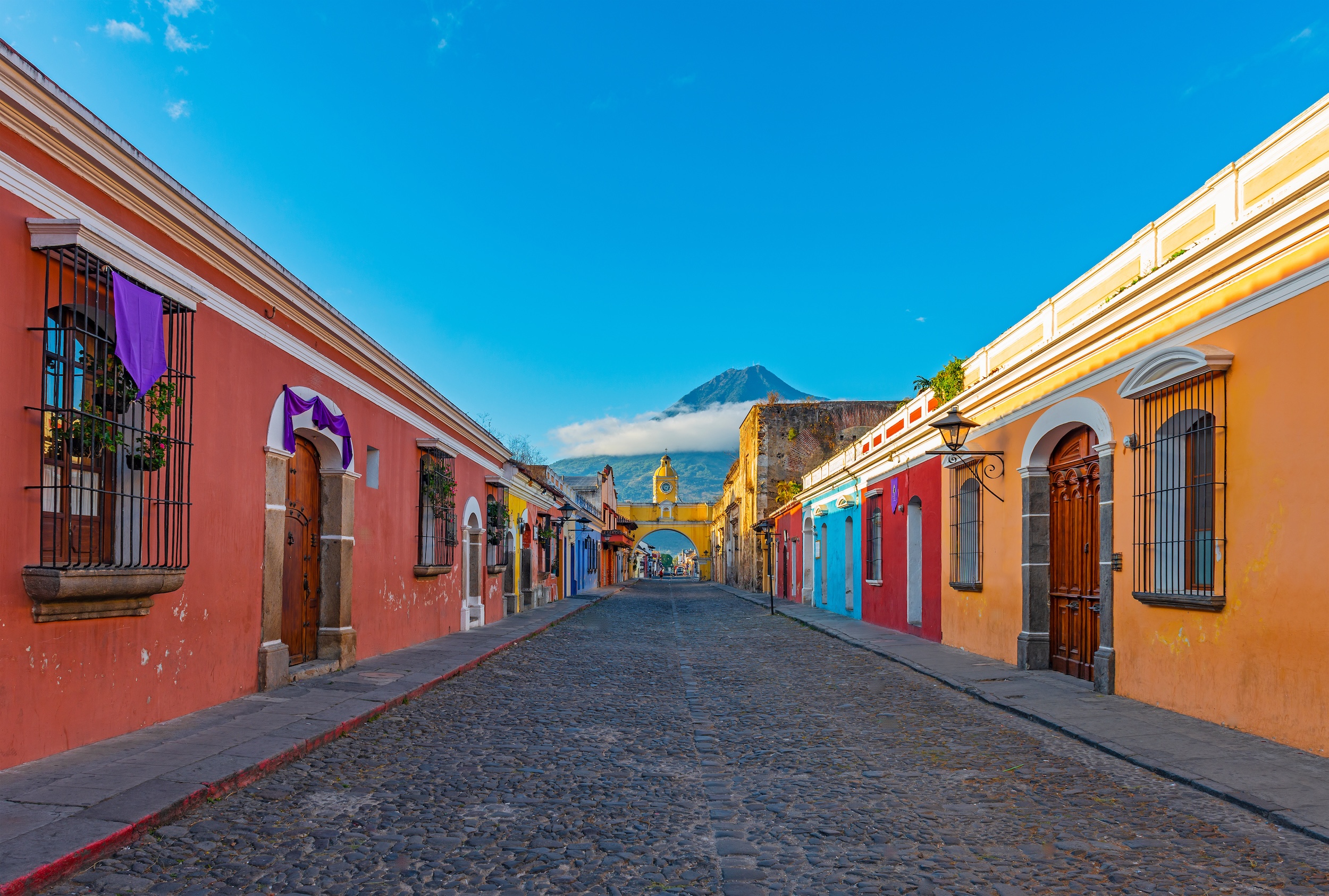
Por Contxto
January 15, 2024
European startups are increasingly eyeing Latin America for expansion, with a wide range of companies from Poland to Romania showing interest. Benoit Menardo, co-founder of Madrid-based fintech Payflow, entered Latin American markets in 2023, noting the region now accounts for a significant portion of their business. The appeal includes a vast customer base and a growing tech workforce, coupled with quicker regulatory processes and inviting public policies.
However, the region presents unique challenges. High salaries for top talent and local workforce recruitment mandates pose hurdles. Companies like Payflow have experienced higher costs for experienced leaders in Colombia compared to Europe, a sentiment echoed by Cobee CEO Borja Aranguren. Despite these challenges, countries like Chile are welcoming European startups, offering incentives but also expecting local workforce integration.
The shift is evident in sectors ranging from AI to healthcare. Lithuanian startup Plag.AI, Polish platform LiveKid, and Romanian venture Pluria have all set their sights on Latin American expansion. These moves highlight the strategic importance of the region, despite the complexities of market entry and cultural differences highlighted by experts like Paloma Vila of Endeavor.
Maria Hahn, founder of Nutrix, a healthcare startup, leveraged Chile’s supportive ecosystem for initial expansion, benefitting from non-diluted funding and accelerated regulatory processes. This strategic approach enabled Nutrix to generate revenue faster than European competitors. Similarly, Cobee’s Mexican venture involved acquiring a local company, indicating the nuanced strategies European startups are adopting to navigate the diverse Latin American landscape.
With information from Sifted

Por Alfie Pannell
January 8, 2025

Por Stiven Cartagena
November 1, 2024